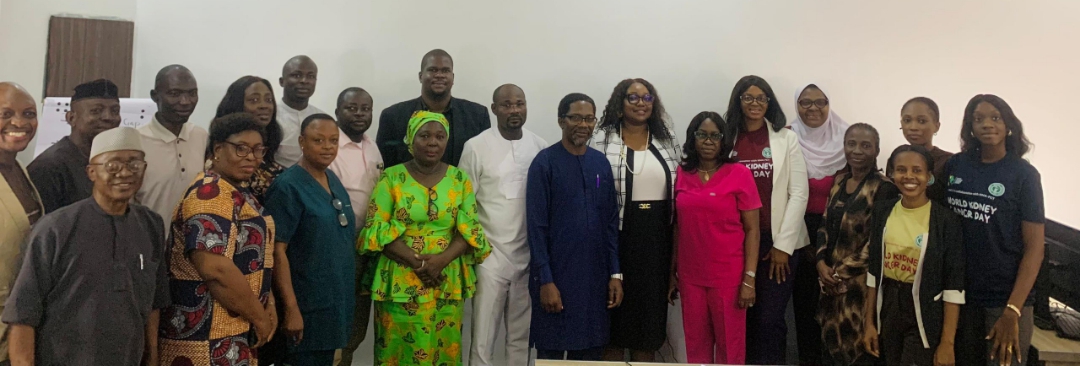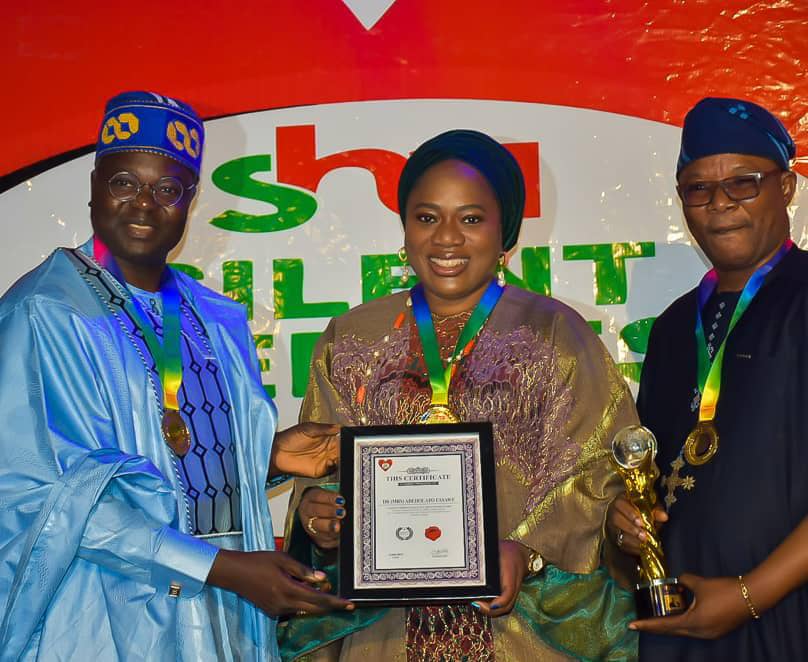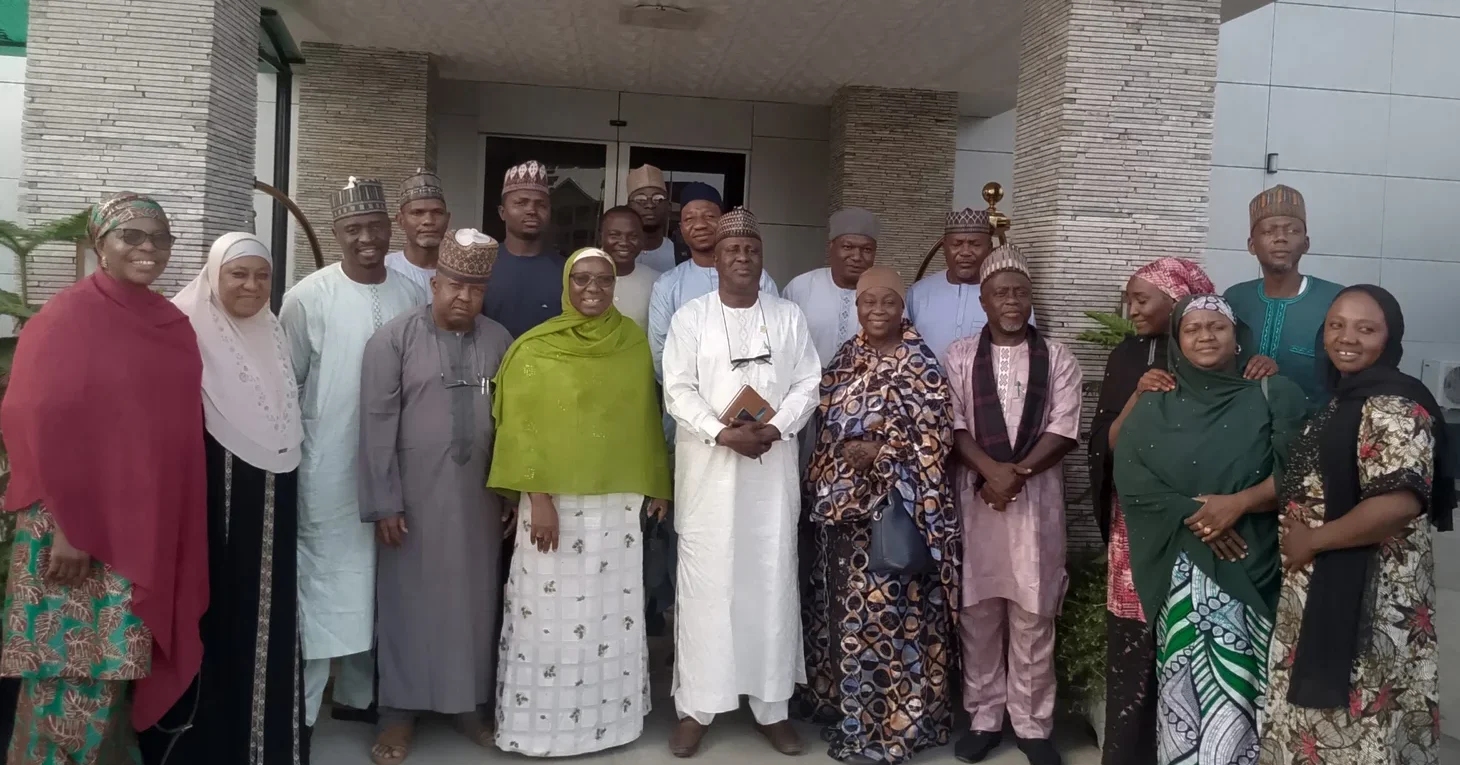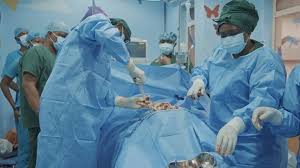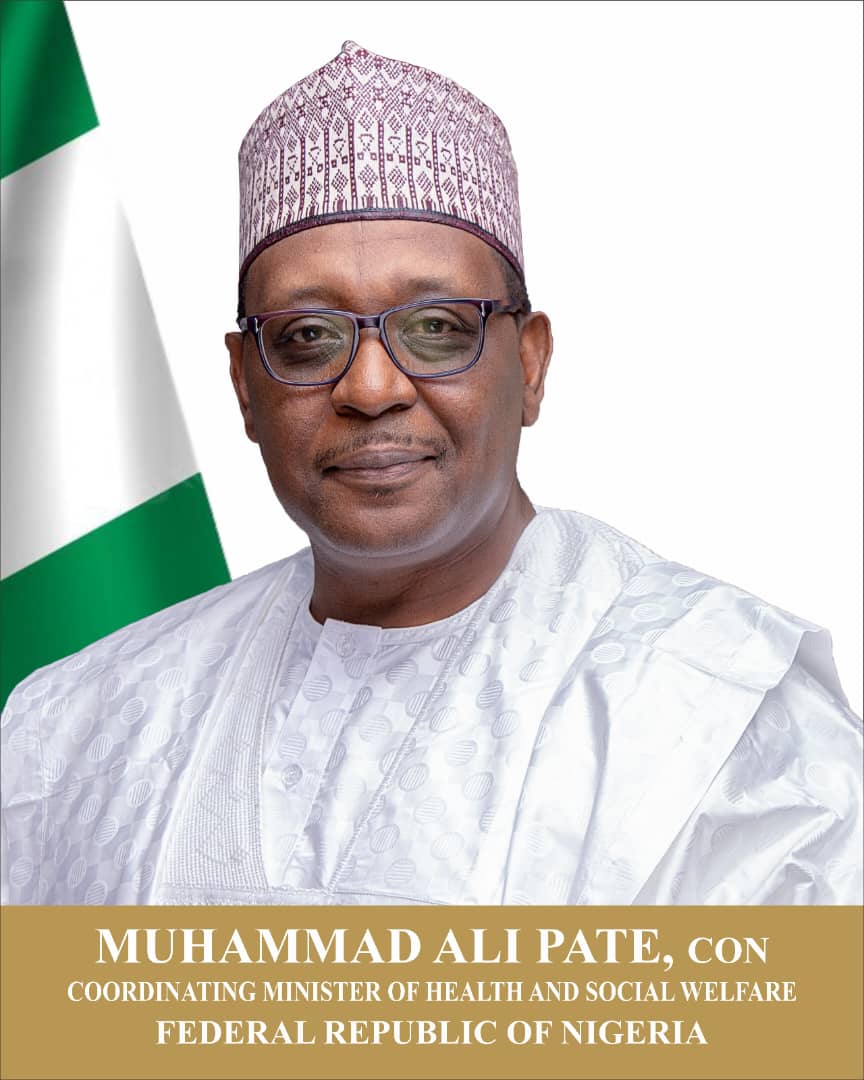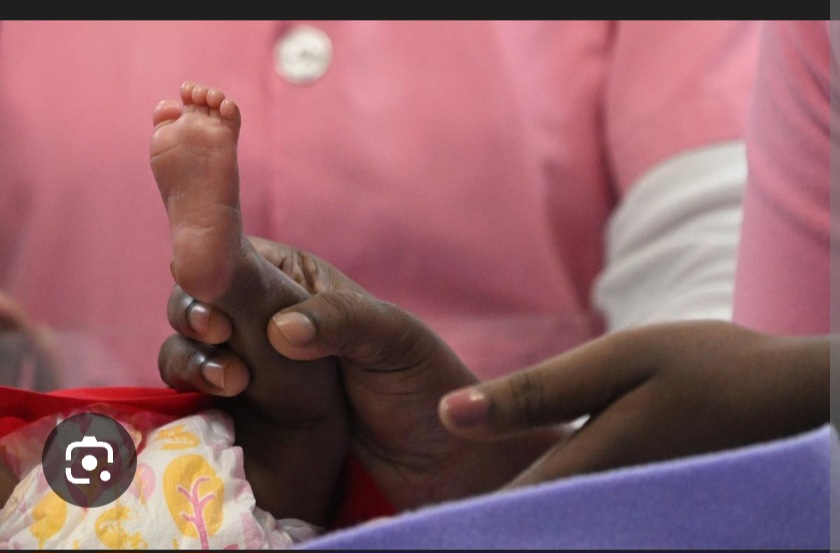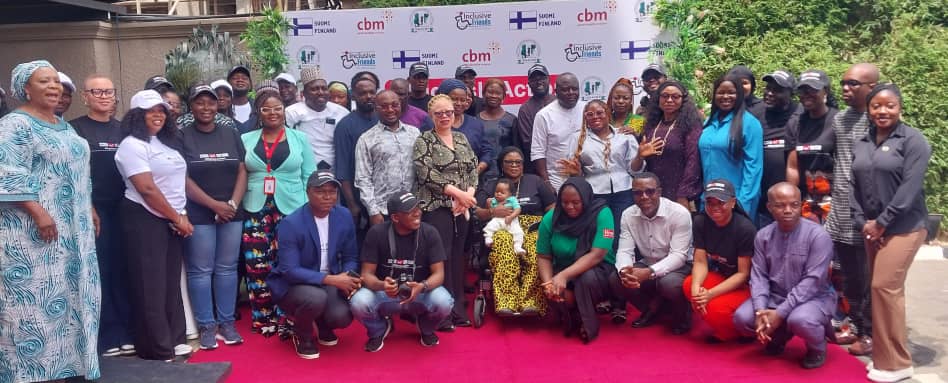Kidney Cancer Day: Stakeholders harp on increased awareness for early detection, treatment
Stakeholders in the health sector, have called for increased awareness to ensure early detection and treatment of kidney cancer in Nigeria.
They made the call in Abuja at a symposium to mark the 2025 World Kidney Cancer Day (WKCD).
The event was organised by the Move Against Cancer Africa (MACA), a volunteer-based NGO that champions campaign and education on cancer-related issues across Africa.
According to the stakeholders, early detection of kidney cancer is crucial, as it improves treatment outcomes and survival rates.
They noted that though kidney cancer was often asymptomatic in its early stages, raising awareness about potential symptoms and risk factors, along with advocacy on regular screenings, was imperative.
Dr Uchechukwu Shagaya, Senior Consultant Oncologist, National Hospital Abuja and Chairperson, Cancer Committee, Nigerian Medical Association (NMA-FCT), said though kidney cancer was considered rare in Nigeria, there was the need for awareness.
Shagaya listed some of its symptoms to include blood in urine, lower back pain, difficulty in passing urine, foamy urine, among others.
According to her, if you have any of these symptoms and you go and see a doctor, the chances of you being diagnosed correctly are so much higher.
“Sometimes there’s no symptoms, and it may just be a vague feeling of unwell, but let us avoid self-medication, and seek care from the right people.
“However more events like this should take place and advocacy groups should push the campaign because kidney cancer is rare, so people don’t pay attention to it.
“Through advocacy, you will be able to push for awareness and influence policies.
“Once these policies are there, then there will be early diagnosis and access to treatment.”
Similarly, Dr Onwuasoanya Uzodinma, Consultant Urologist and Kidney Transplant Surgeon, Zenith Medical and Kidney Centre, said there was need for intense advocacy to curb the dangers of kidney cancer.
“Early detection allows for more effective treatment options, including curative surgical interventions and minimally invasive procedures, leading to higher survival rates and faster recovery times.
“First thing is to know that kidney cancer mimics several diseases, so it can confuse somebody, and you make a wrong diagnosis.
“It can be hereditary, but lifestyles like smoking, radiation, alcohol ingestion, are common factors that can cause cancer in other parts of the body, and it is advisable that people stay away from them.
“However, with early diagnosis, it is treatable and through surgery. After the surgery, most of the time you follow up the patient with targeted therapy.
“But most of our patients present late so all we can do is manage the disease; so, the reason for the advocacy is for people to agree to go for early diagnosis,” he said.
Earlier, Mr Isaac Joseph, Cancer Patients Advocate, and official of MACA, said the symposium was put together with the support of the International Kidney Cancer Coalition (IKCC).
According to him, the event is to offer an opportunity for stakeholders to brainstorm and share ideas towards forming a common front in combating kidney cancer.
“There is a seed and growth initiative that they put together and we were awarded, so we need to bring together the workforce, doctors, nurses, oncologists and all those that are working on kidney cancer cases.
“Firstly, this is to share the global patient survey findings on kidney cancer and also to look at some gaps in access to care for kidney cancer patients in Nigeria.
“This event had doctors and healthcare professionals from all across Abuja, because the essence is to prioritise gaps and to create actionable solutions to kidney cancer.
“Kidney cancer is one of the cancers that has been swept under the carpet and they really don’t talk about it, so we want to raise awareness and talk more about it.
“That is why we are having this event in collaboration with NMA, FCT Chapter and our global partner, International Kidney Cancer Coalition,” he said.
In the same vein, Ogechukwu Akabuike, a Public Health Professional and Research and Publication Officer with MACA, explained that the focus was on awareness.
“We should amplify our voices; everybody should get involved. We should create new platforms in order to push the information out there, get the public notified about the dangers of kidney cancer and then make them understand the importance of early diagnosis.
“We should all emphasise the importance of early detection because prevention is always cheaper and better than cure.”
“There is also the need to communicate the right information to people out there, because when people are empowered with the right information, they will be able to make the right health decisions,” he said.
The symposium also featured panel discussion on identifying key gaps in kidney cancer management, while the highlight of the event was the presentation of Nigeria Global Patient Survey findings on kidney cancer by Dr Abiodun Egwuenu. (NAN)(www.nannews.ng)
Edited by Deborah Coker




